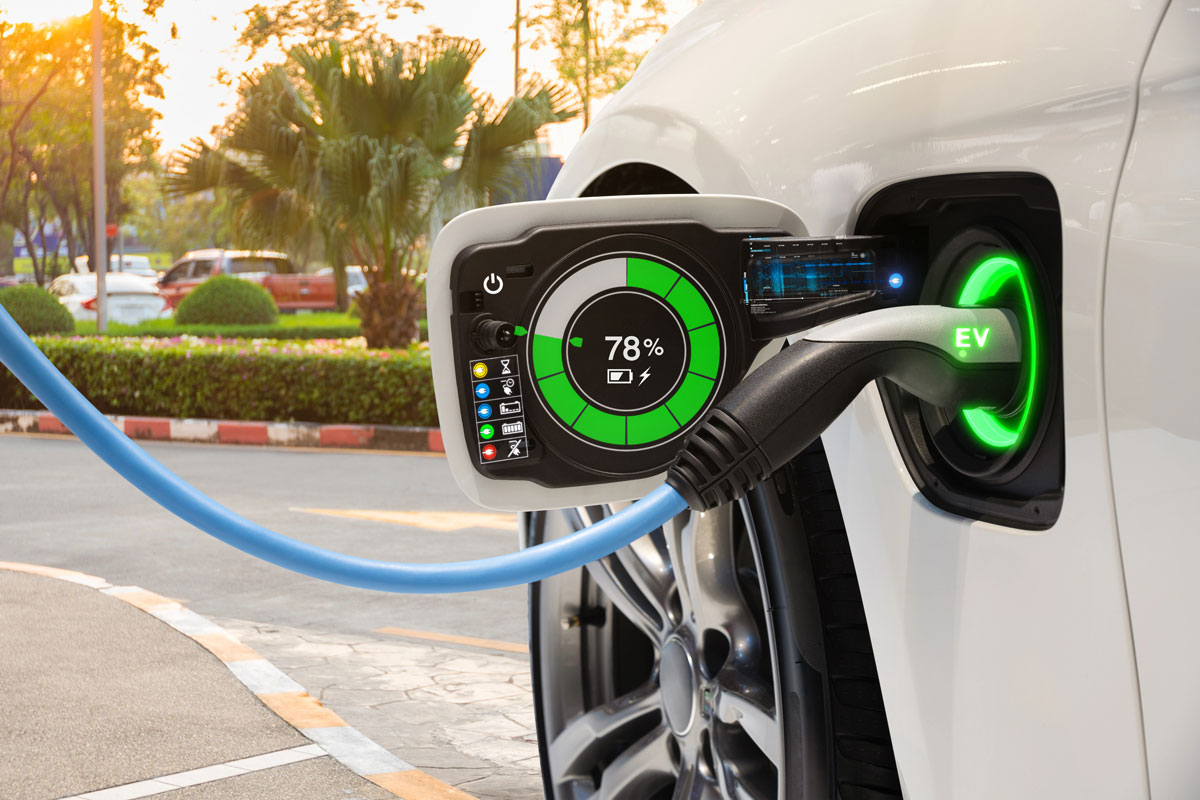For many people, electric vehicles are still shiny new tech that can’t be completely trusted. While there are a few reasons to be wary of electric cars, such as the charging problem faced by non-Tesla EVs, the fact is they are more reliable than most people think.
As a matter of fact, between 2011 and 2019, electric vehicles were reported in more than 40% fewer accidents than their gas-powered counterparts. Also, not only do EVs need fewer checkups than conventional cars, but they also cost less to maintain.
While that is good news, electric cars do have malfunctions, just like every other structure with moving parts. As an owner or prospective EV owner, you want to be aware of these issues and their possible solutions in advance. Here are a few of the most common electric car problems you might face, and how to fix them:
4 Common Electric Car Problems, And How To Repair Them
-
Battery Issues
Batteries are the big bad wolf for electric vehicles; lithium-ion batteries, to be specific. They may have an overblown reputation for catching fires, but that’s not where they tend to hurt the most. In research carried out by Auto Insurance EZ, an insurance deal site, it was discovered that EVs had much fewer reported fires per 100,000 sales compared to hybrid and gas-powered cars.
A lithium-ion battery is more likely to pose a threat to your pocket than your safety. While electric car batteries generally get weaker over time, a few things might cause them to deteriorate. These include overheating and extreme weather conditions.
The chances of a battery malfunction are not high, but it’s still a real possibility. Thankfully, most EV manufacturers are aware of this and have placed a warranty of at least eight years or 100,000 miles on their batteries.
Solution: The most immediate solution if your lithium-ion battery deteriorates is to replace it. This is typically the most costly one-time expense you might have to make as an EV owner, as these batteries range from $5,500 to $16,000. Thanks to the warranties and the advanced thermal management system that sustains newer models, you might not have to cough up that much money for a long time.
Estimated Cost: $5,500 to $16,000
-
Coolant Replacement
Electric cars have a cooling system since, like gas-powered cars, they also produce heat. The good news is that they are less likely to overheat. However, EVs are sensitive to extreme temperatures and can overheat if driven in extreme weather for a prolonged period.
A common place to check if your electric car overheats is the coolant. Depending on the electric vehicle’s model and age, you would need to change the coolant after the first 60,000 miles. Tesla’s Model 3 needs this change to happen every 50,000 miles, while the Model S doesn’t require a coolant replacement.
Solution: Changing your electric car’s coolant is a job best left to an EV mechanic. But there will be instructions regarding maintenance in the owner’s manual.
Estimated Cost: $100-$150
-
Brake Maintenance
EV brakes don’t operate like regular brakes. They use a system called regenerative braking that doesn’t utilize mechanical brakes. This process saves energy generated through braking and uses it to charge the battery.
Thanks to their efficient design, EV brake pads will last longer than conventional brakes. However, they are still made up of normal brake discs and pads, which means they will need to be serviced from time to time. Brake issues in an electric vehicle will depend on how hard and often you drive, as well as the terrain of your environment.
Solution: Maintenance includes changing your brake fluid periodically (once every two years for Teslas). Your brake pads should be replaced by an EV mechanic if they’re worn down.
Estimated Cost: $200-$365
-
Tire Issues
Thanks to their big batteries, electric cars are heavier than internal-combustion cars, and this is a problem for the tires. Put very simply, the excess weight exerts more pressure on the tires, making them more prone to damage, punctures, and wheel issues.
The implication of this is that you’re likely to change the wheels of an EV faster than you would change those of a regular car.
Solution: Changing the wheels of an EV is quite a different process from that of a gas-powered vehicle. It’s often better to leave it to an EV-specialized mechanic
Estimated Cost: $150-$285
Where To Repair Your Electric Car
I’m an automobile engineer that works with a few repair shops for EV problems, so I’m constantly in touch with the latest auto news. I’m sometimes asked this question by new EV owners. The answer is straightforward. It’s best to fix your electric vehicle at the licensed dealership where you bought it if you can. They will likely have a service center on-site to troubleshoot and solve EV problems.
If you bought your EV used, however, there’s no need to panic as there are now more EV repair shops than there were five years ago. You should be able to find shops that can handle tire changes, body repairs, window tinting, air conditioning, as well as general maintenance and repair.

